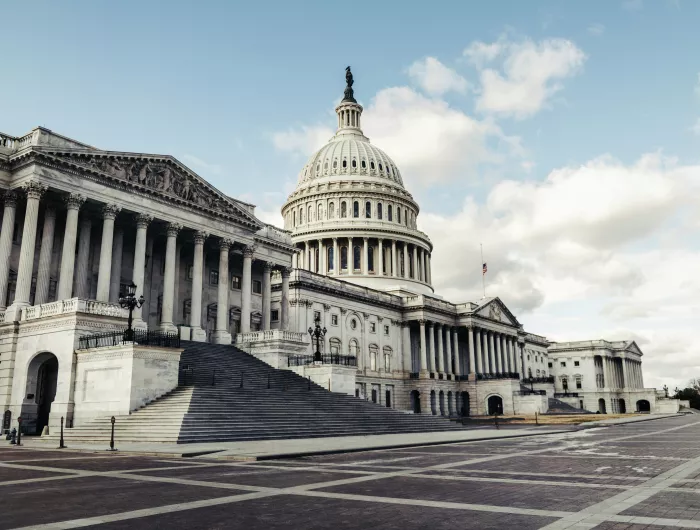House Agriculture Committee chooses partisan priorities over food, nutrition, and health for Americans

Tim Mossholder - unsplash.com.
Statement of CSPI Deputy Director for Healthy Food Access Joelle Johnson
Today, the House Agriculture Committee is debating its section of the reconciliation bill. On the plate for this debate are drastic changes to critical federal nutrition programs. These so-called state cost-sharing arrangements are cuts that will ultimately leave millions of working families hungry.
To meet the partisan goal of extending tax cuts for billionaires, House Republicans will vote on more than $230 billion in drastic changes to how the nation’s most important nutrition program, the Supplemental Nutrition Assistance Program (SNAP), is financed and operates. These changes will directly limit food access for children and families living in households experiencing food and nutrition insecurity.
Instead of working to lower rising grocery prices, the House Agriculture Committee is increasing the strain on state governments through new funding requirements. These requirements will force states to pay for parts of SNAP using a sliding scale based on their payment error rates, beginning in Fiscal Year 2028. The hardest hit states will be Alaska, South Carolina, Hawaii, Delaware, and New Jersey.
If passed today, this party-line bill will head to the House floor. CSPI hopes that sensible members of Congress will prioritize food access, nutrition, and public health for working families by rejecting these cuts.
At a time of economic uncertainty, this bill is also looking to limit access to SNAP through new work requirements for parents of children over age seven, as well as older Americans between the ages of 55 and 65. If those parents and older Americans are unable to navigate these new bureaucratic hurdles, they will be ineligible for SNAP and likely struggle hard to meet their families’ basic needs.
Even as the Administration talks about tackling obesity and chronic health, Congress is looking to eliminate the SNAP Nutrition Education Program (SNAP-Ed) entirely. SNAP-Ed is unique in combining education, social marketing, family support, and community outreach in one program. Cutting such a program speaks to their commitment to tax cuts at all costs.
Through this bill, House Republicans have made it clear where their priorities lie: padding the pockets of billionaires by stripping food access from those struggling to make ends meet. It is unconscionable to pass such harmful legislation. We strongly urge Congress to reject these proposals. Instead, now is the time to work toward bipartisan solutions that will support food access and improve nutrition for millions of children and working-class families.
# # #

